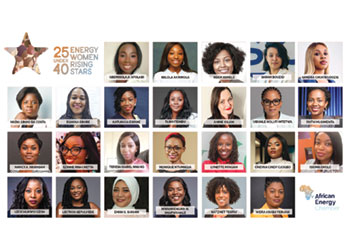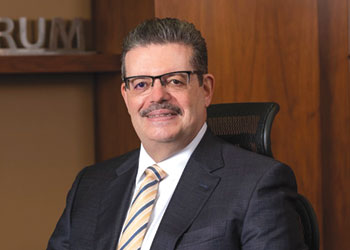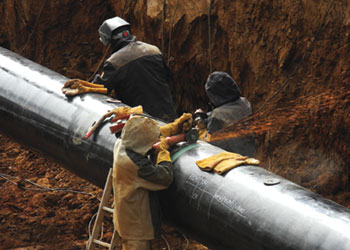
 Hamel ... strengthening ties with African gas industry
Hamel ... strengthening ties with African gas industry
The Gas Exporting Countries Forum (GECF), which represents up to 72 per cent of the world's proven natural gas, is spearheading dialogue with African countries to boost collaboration with the continent’s gas industry and support its development.
This comes as new discoveries are being made and major gas producers strengthen their attractiveness for foreign investment on the continent.
In this regard, Engineer Mohamed Hamel, GECF Secretary General, will be holding high-level panel discussions with African energy policymakers, project developers, operators, global investors and partners at the African Energy Week 2023, being held from October 16–20 at the Cape Town International Conference Center in Cape Town, South Africa.
Africa’s 620 trillion cu ft of proven natural gas resources have strengthened the continent’s potential to drive economic growth, diversify revenue generation, while spearheading global energy security in conjunction with a transition to a cleaner energy future.
As a result, African gas is taking on a more prominent role in the global energy market, a role which continues to grow as international markets look to diversify supply chains.
Underpinned by efforts to monetise domestic gas resources, countries like Algeria, Nigeria, Equatorial Guinea, Angola and Mozambique are actively developing large-scale gas projects while putting in place the adequate policy frameworks and infrastructure to support long-term growth.
Many large-scale projects underway include the Greater Tortue Ahmeyim project in Senegal/Mauritania; the Mozambique LNG development; Nigeria’s Gas Flare Commercialisation initiative; the Angola LNG project and many more.
This collective effort seeks to amplify electricity generation, steer the course toward a low-carbon energy model, fortify global trade via resource utilisation, and empower industrial applications.
According to NJ Ayuk, the Executive Chairman of the African Energy Chamber (AEC): 'Africa’s natural gas resources are the key for providing reliable electricity to the over 600 million people currently without, while creating long-term employment opportunities and driving the sustainable development of economies. The GECF has positioned itself as a reliable partner for the continent by fostering regional cooperation on infrastructure rollout, technology and skills development, investment attraction and resource monetization.'
The GECF represents a substantial 44 per cent of global marketed production, over 56 per cent of the global pipeline infrastructure and 52 per cent of liquefied natural gas (LNG) exports.
In Africa, the forum promotes dialogue and cooperation on best practices for managing gas resources, optimising production and monetisation, and boosting local content development between African producers and their global counterparts.
With a membership that comprises 19 prominent gas-producing nations, including those from African, such as Algeria, Egypt, Equatorial Guinea, Libya and Nigeria (permanent members) as well as Angola and Mozambique as observers, the GECF has played a pivotal role in facilitating the exchange of ideas, supporting policy development and structuring, and spearheading collaborations across the global gas market.



















































































